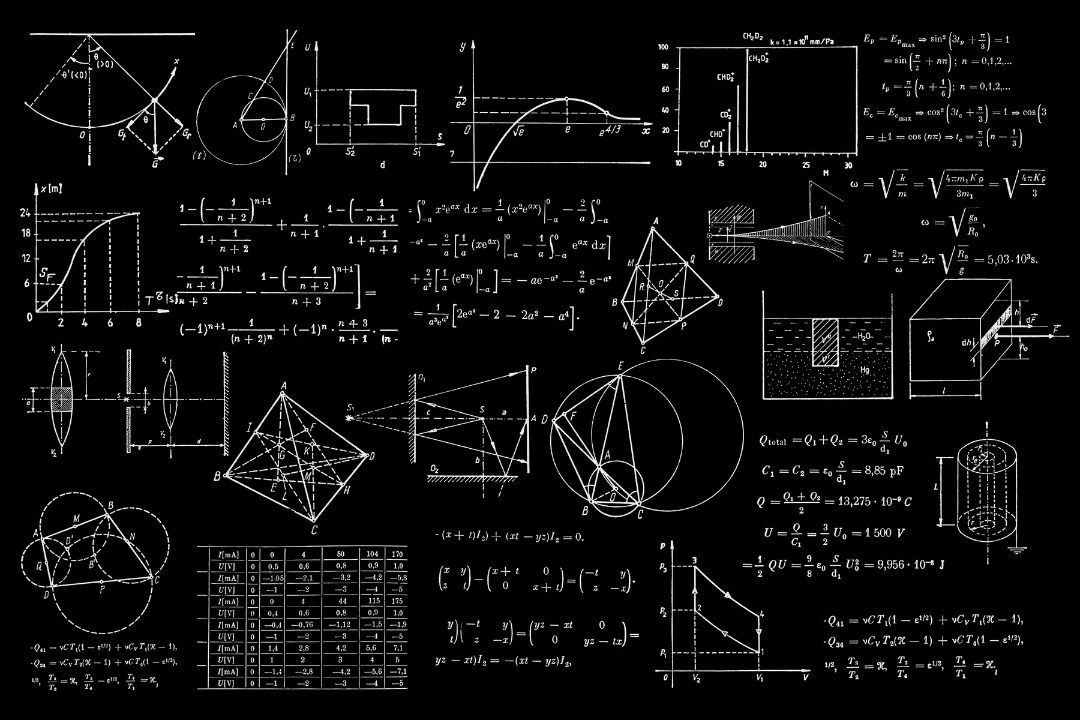Are you tired of hearing your children complain about their maths homework? Do you feel like they are just going through the motions and not really understanding the concepts? As a parent, it can be frustrating to see your children struggle with maths, and you may be wondering, what is the best approach to help them succeed. Should they focus on maths drilling (like most of us learnt in school ages ago) or conceptual learning (what is this – let’s talk about this later!)
Let’s start with a little maths humour. Did you hear about the mathematician who’s afraid of negative numbers? He will stop at nothing to avoid them! Okay, now that I have lightened the mood, let’s dive into the debate between maths drilling and conceptual learning.

Hey there, let’s talk about two different approaches to learning maths: drilling and conceptual learning. You might have heard the term “maths drilling” before. It’s all about repetitive practice and building a solid foundation of maths skills, like building a LEGO tower one brick at a time. It’s kind of like what we did back in our school days, right? But there’s also “conceptual learning,” which focuses on understanding the underlying concepts and principles of maths. This approach is like building a bridge between different concepts, making connections, and understanding how everything fits together. It’s like discovering a whole new world of maths beyond memorization and accuracy.
So which approach is better? Well, it depends on what you are looking for. In other words, there is no wrong approach. If you want your children to be able to solve maths problems quickly and accurately, then maths drilling may be the way to go. However, if you want your children to truly understand and appreciate the beauty of maths, then conceptual learning may be more beneficial in the long run.

Let’s start with a little maths humour. Did you hear about the mathematician who’s afraid of negative numbers? He will stop at nothing to avoid them! Okay, now thaLet’s face it, maths can be a tricky subject, even for adults! But don’t worry, there is no need to panic when it comes to teaching your children maths. The debate between maths drilling and conceptual learning has been going on for ages. It’s like trying to choose between a pie and a cake – both are delicious, but which one should you go for? Research suggests that conceptual learning may be the way to go if you want your child to retain maths concepts in the long term. By understanding the underlying principles, your little ones can apply them to different situations and not just memorise formulas. This can lead to greater confidence and an appreciation for maths. t I have lightened the mood, let’s dive into the debate between maths drilling and conceptual learning.
Let’s face it, maths can be a tricky subject, even for adults! But don’t worry, there is no need to panic when it comes to teaching your children maths. The debate between maths drilling and conceptual learning has been going on for ages. It’s like trying to choose between a pie and a cake – both are delicious, but which one should you go for? Research suggests that conceptual learning may be the way to go if you want your child to retain maths concepts in the long term. By understanding the underlying principles, your little ones can apply them to different situations and not just memorise formulas. This can lead to greater confidence and an appreciation for maths.
On the other hand, some experts believe that maths drilling can be helpful in building basic skills and boosting confidence for children who struggle with maths. After all, practice makes perfect, right? The key is finding the right balance between the two. Kids can benefit from repetitive practice of basic maths skills, but they should also be encouraged to think outside the box and use those skills in creative ways. So, let’s take a slice of pie and a slice of cake, put them together, and give our children the best of both worlds!
Here’s a final maths joke for good measure. Why was the maths book sad? Because it had too many problems! But with the right approach to learning, maths doesn’t have to be a problem for your child.
In conclusion, whether you choose maths drilling or conceptual learning for your children, the most important thing is to make sure they’re engaged and motivated to learn. Maths can be a fun and rewarding subject, and with the right approach, your child can develop the skills and confidence to excel in it. So, let’s raise a pie to the power of education, and get our children excited about maths!









